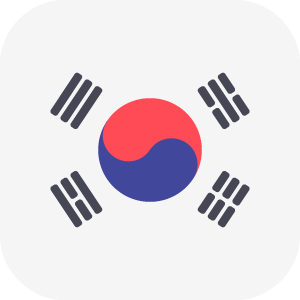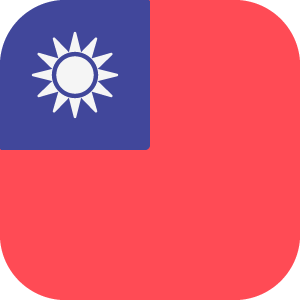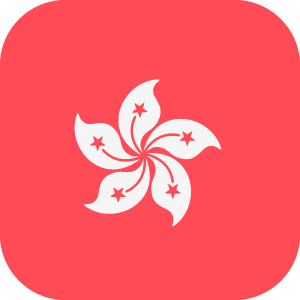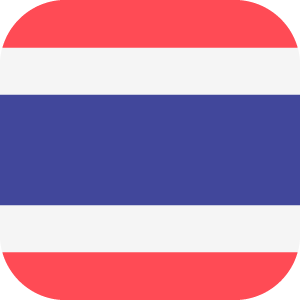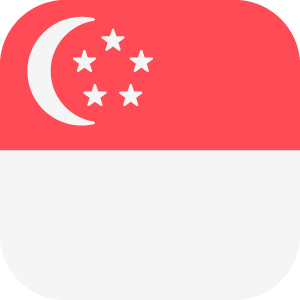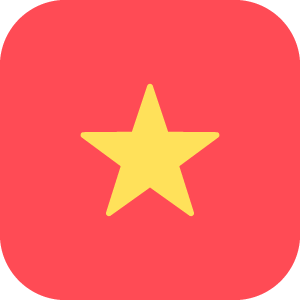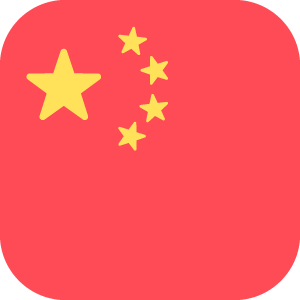
Borrowing words from other languages is an old phenomenon. And linguists try to figure out why it happens. For practicality? Spicing up boring conversations? Whatever the reason might be, the incorporation of foreign loanwords into native languages continues worldwide, and Japanese is no exception. In the Japanese language, you can find loanwords from several languages. The oldest ones came from Chinese, and became a solid basis for a lot of Japanese words today. But also words from Dutch, German or Portuguese are pervasive in Japanese language. But wasei-eigo is more than just loanwords.
Wasei-eigo is a great example for the fruitful impact of globalization. Especially in Japan happened a very interesting mash-up of different cultures. Wasei-eigo (和製英語) simply means “Japanese-made English”. These are words based on the English language, which are very common in daily Japanese life. But in some cases, the meaning of English words changed in such extent, that native English speakers can’t even guess the meaning. And some English words even have been manufactured completely newly in Japan. This is achieved by putting together some English words, that never been seen in these combinations. One example for that is the pseudo-English word „skinship“(スキンシップ / sukinshippu), which derived from the words skin, friendship and kinship, and is used for physical contact.
Here are some other examples of great Japanese ingenuity:
Baikingu (バイキング), Viking

If you go to a restaurant and find a sign that says “Viking lunch”, you can find men with long blonde hair, drinking out of horns. Baikingu just means buffet. It is said that this originated from the Tokyo Imperial Hotel, which was the first in Japan that served buffet meals, and their “Viking smörgåsbord” was name giver to this style of serving meals.
Manshon (マンション), Mansion


In this “mansion“ you won’t find any fancy interior, infinity pool or a home theater. Manshon just means an apartment building, often mid-rise or high-rise concrete, and sometimes also contains shared areas. Depending on the manshon, one could hold 50 or more flat rooms.
Torampu (トランプ), Trump


In Japan, trump is not only the name of businessman, wall builder and 45th president of the United States. It basically means playing cards. It derived from a trump in card games. So when you hang out with Japanese people, it’s very likely that someone come up with the idea and say: “Hey guys, lets play trump!”
Baiku (バイク), Bike

If you say said you learned how to ride a bike at the age of six, Japanese people might be shocked. In Japan, the word “bike” is only used for motorcycles, but not for bicycle.
Wanpisu (ワンピース), One-piece

If your Japanese friend say something like: “My brother’s wedding was so beautiful, every girl wore lovely one-pieces”, and you think about a bunch of women wearing swimsuits, we unfortunately have to disappoint you. The word “wanpisu” means a woman’s dress.
Maipesu (マイペース), My pace

This word obviously derived from “doing something at one’s own pace“. But nowadays it changed its meaning to rather “doing something in your own way”.
Maibuumu (マイブーム), My Boom

My boom? Your boom? Boom came from the usage like in “K-pop boom” or “Baby boom“. Now it’s also used to express your current obsession.
For example:
なぜだか急に卵が マイブーム。(naze daka kyuu ni tamago ga maibu-mu.)
For some reason suddenly my boom is eggs.
Mana appu (マナーアップ), Manner Up

Manner up simply means increasing or improving your manners. Schools, organizations, and city governments like this word and is often used in posters and public service announcements.
Kyoiku Mama (教育ママ)

This word has a rather negative connotation, so you shouldn’t say it towards other people. Kyouiku (教育) is the Japanese word for education, so the literal translation of the words would be “Education Mama”. This expression is used for mothers who are unhealthily obsessed with the education of her children, doing everything possible to push their kids to great result and want their kids to attend the best schools possible.
Romansu Gure (ロマンスグレー), Romance Gray

This wasei-eigo word refers to adult men with gray hair, but still considered as attractive like George Clooney, Hugh Grant or Sakamoto Ryuichi.
One Pattern (ワンパターン)

If something features the same pattern, and seems to be boring and monotonous, you can call it “one pattern”. It can describe people, places, things, and activities that are repetitive like a single pattern.
For example:
君の発想は ワンパターン だ. (kimi no hassou ha wanpada-n da.)
Your ideas are so one pattern.
Pepa Doraiba (ペーパードライバー), Paper Driver

A paper driver is someone who owns a drivers license, but doesn’t drive at all or very rarely. This could have several reasons like lack of driving skills, no possession of a car, or no necessity to drive a car because public transportation is more convenient.
Bajin Rodo (バージンロード), Virgin Road

This is not a road that’s never been driven on before, or a highway for virgins. It’s a word for the aisle of a church that the bride and groom walk down towards the altar.
Raibu Hausu (ライブハウス), Live House

You can see a lot of them in big cities. These are venues where you can watch live performances and concerts.
Shirubaa Shiito (シルバーシート), Silver Seat

Silver seats are seats in public transportation for people with silver hair (the elderly). Unfortunately not always used by older or handicapped people.
Chaamu Pointo (チャームポイント), Charm Point

The charm point is your most charming or attractive feature.
Aisu Kyandii (アイスキャンディー), Ice Candy

Ice candy means as much as “ice popsicle”.
Sarariiman (サラリーマン), Salary Man

One of the most known wasei-eigo words might be salary man, which means office worker or employee. The word is so famous, that also people from English speaking countries know the meaning.
We hope we could give you a brief insight of the colorful world of Japanese language craftsmanship. Many more words like this do exist in contemporary Japanese language, too much to list them all. And have forbearance towards your Japanese friends if they use weird English. A lot of people don’t know that these words were actually created in Japan and think this is regular English. A sentence like: “Yesterday, I ate viking, came back to my mansion, played trump with my friends while wearing beautiful one-pieces and eating some delicious ice candy l really have my boom on lately” may sound like complete gibberish for English speaker, but makes totally sense for Japanese people.







